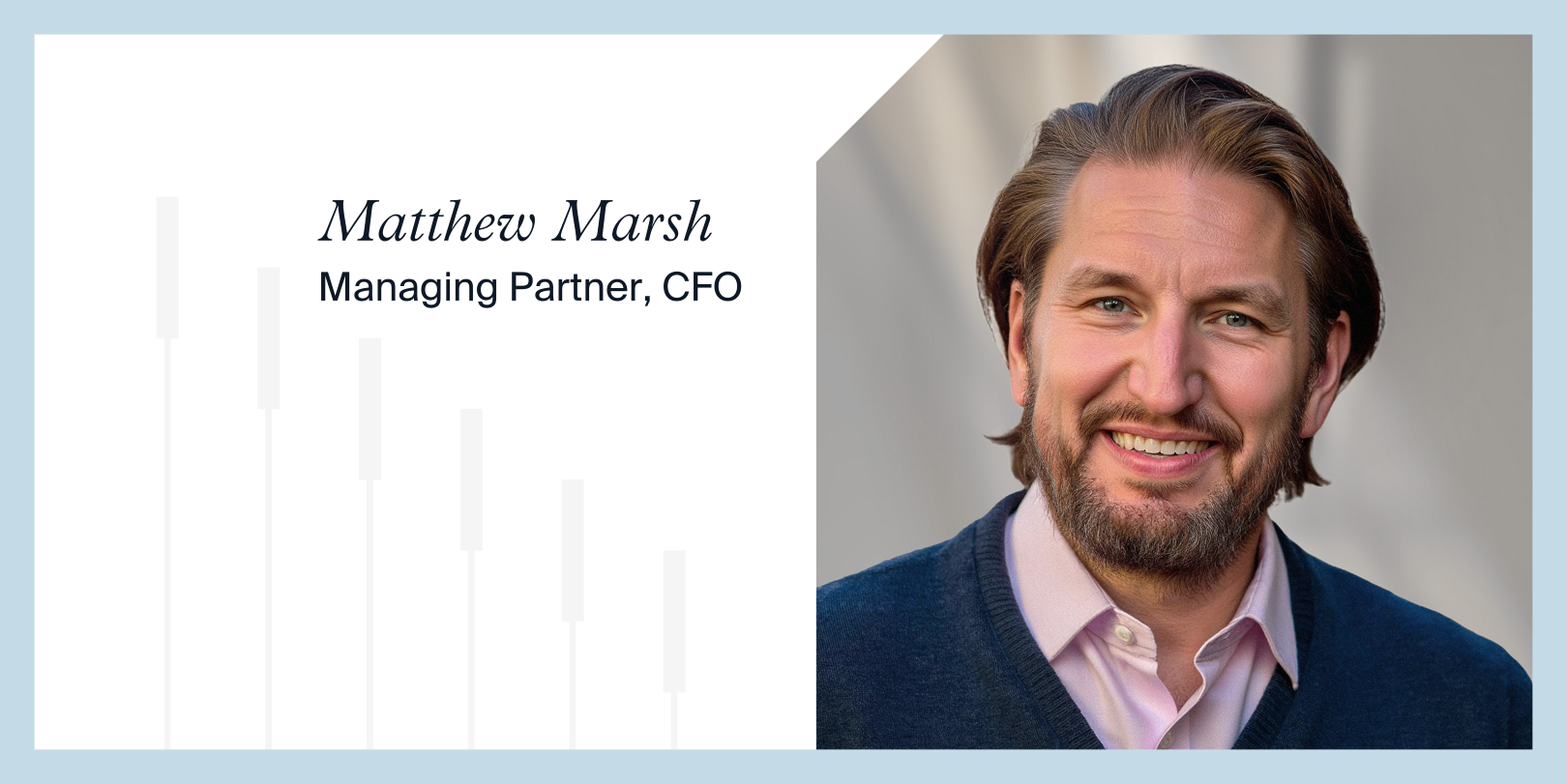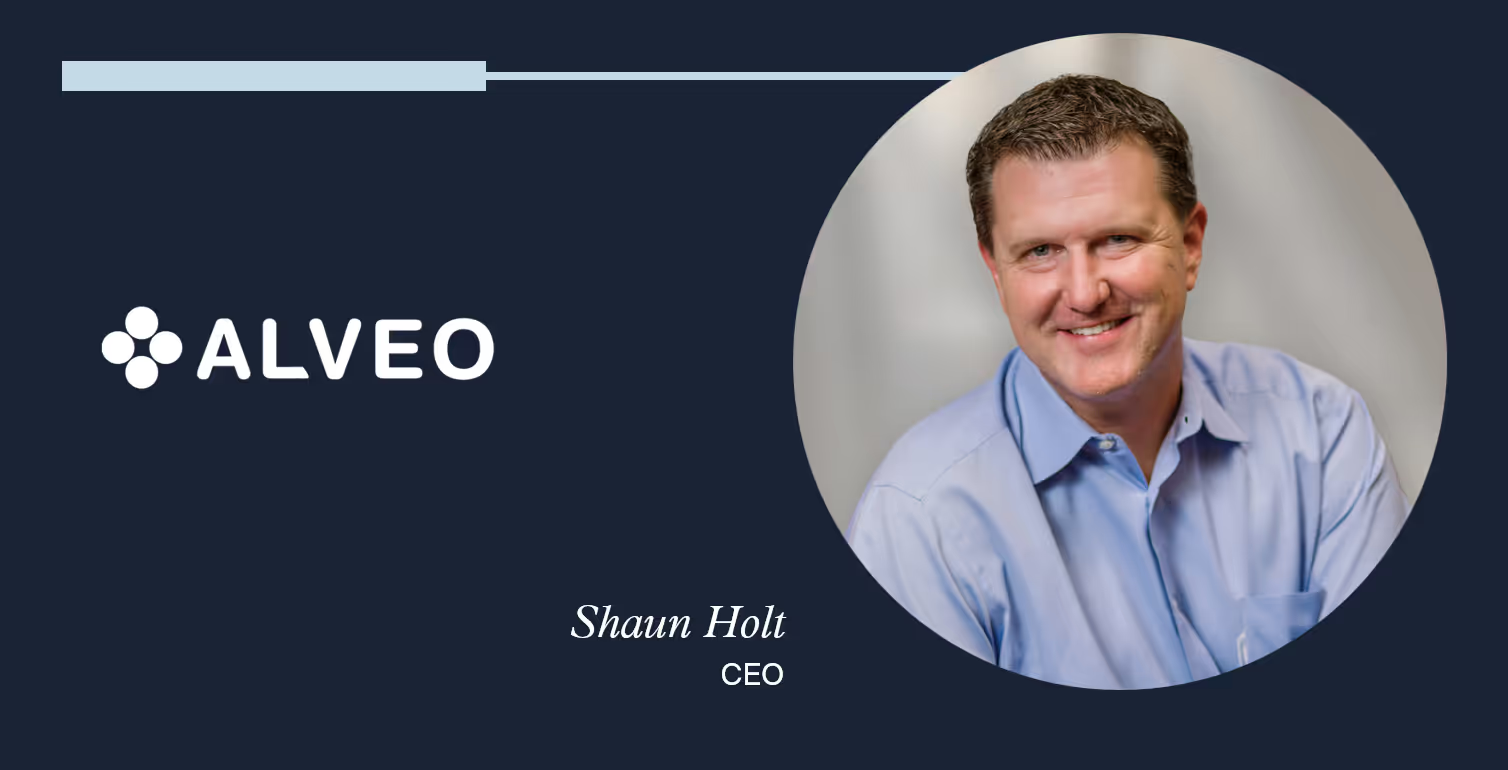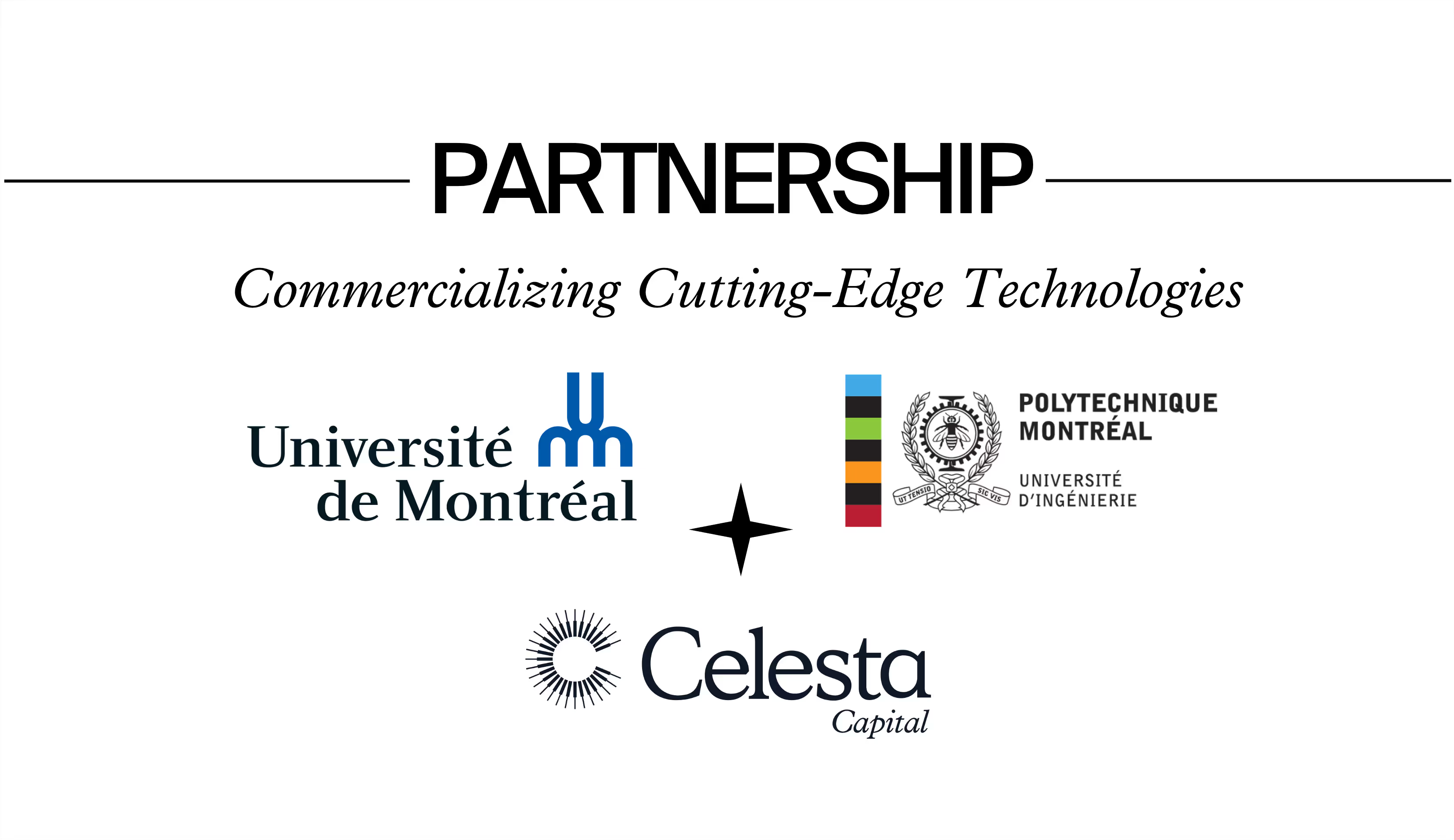Q&A with Matt Marsh: Investing with Depth, Discipline, and a People-First Perspective
Q&A with Matt Marsh: Investing with Depth, Discipline, and a People-First Perspective
Matt Marsh is a business builder and investor with more than 25 years of experience helping companies scale across industries, borders, and economic cycles.
Matt was recently appointed Managing Partner, having previously served as Celesta’s CFO since 2020. Get to know Matt in this conversation as he details his unique lens on deep tech investing, which is grounded in operating experience, global context, and deep relationships.
We sat down with Matt to explore Celesta’s distinctive approach to deep tech, how to build global businesses, and his personal philosophy as an investor and leader.

Matt Marsh is a business builder and investor with more than 25 years of experience helping companies scale across industries, borders, and economic cycles.
Matt was recently appointed Managing Partner, having previously served as Celesta’s CFO since 2020. Get to know Matt in this conversation as he details his unique lens on deep tech investing, which is grounded in operating experience, global context, and deep relationships.
We sat down with Matt to explore Celesta’s distinctive approach to deep tech, how to build global businesses, and his personal philosophy as an investor and leader.
You’ve spent much of your career in operating roles. How has that shaped your perspective now as an investor?
My whole career has largely been about investing in technologies and helping teams bring them to market. At GE, for example, I had the chance to rotate across a dozen industries and many more geographies, which gave me a broad foundation around commercializing and scaling technology.
All of this is exactly what we do at Celesta – building business plans, scaling operations, and working shoulder-to-shoulder with executive teams to drive growth. We are deep operators investing in deep tech.
A lot of VCs say they’re hands-on or feature “operators” that have built a series of startups, but our team includes executives who’ve run large P&Ls, built global operations, and turned strategy into results.
When we walk LPs through real examples, how we helped a company navigate IP challenges, scale manufacturing, or expand globally, it clicks. That’s how we’re different. It’s not just a slogan, it’s how we operate at every stage of the investment.
You’ve helped guide Celesta through significant growth. Talk about that evolution and where the firm is headed long-term.
We’ve evolved toward becoming a more institutional venture firm with a distinct offering: a deep tech thesis combined with an operating-rich, hands-on investment model. That makes us a great fit for founders who want more than capital, those who are looking for guidance, expertise, and real partnership.
Through our newer funds, we’ve made a concerted effort to diversify both the types of investors we work with and where they come from. Historically, we’ve had great support from U.S. family offices and Big Tech companies, but now we’re broadening that base to also include institutions, including pension funds, endowments, and government-linked investors.
We’re also placing particular focus on deepening our footprint in emerging tech hubs like Canada, the Middle East, and India. We believe global teams are stronger teams, more diverse thinking, better problem-solvers. But global expansion must be local – you can’t run India from San Francisco.
In India and Canada, we’ve prioritized hiring on-the-ground leadership from day one. We’re also exploring the Middle East, with a measured approach focused on building relationships, studying the region, and earning trust, so that when we do establish a local presence, it’s aligned with real opportunity.
This expansion isn’t just about capital, it’s about strengthening the virtuous cycle of support we’re able to create for partners throughout our ecosystem. Many of our LPs are active with our portfolio companies, whether through co-investments, strategic partnerships, or insight at the exit stage.
“When you work with people you trust and respect, everything else gets better: decision-making, collaboration, and outcomes. That’s the part of this business I care most about preserving and growing.”
How would you describe your leadership philosophy?
My approach centers around three core principles.
First, teach people to fish. I’m not a paint-by-numbers leader. I believe in setting clear objectives and guardrails, but giving teams the space to learn, make mistakes, and build scalable processes.
Second, collaboration and transparency are key. I work to understand what each person is trying to accomplish and help them achieve it, rather than forcing my agenda. That builds trust and cuts down on wasted time.
Third, I believe in rolling up my sleeves. When you’re in the trenches with your team, they see that. And when you can’t be there, it builds the credibility to ask for their help. The magic of effective leadership I’ve found is in balancing the two, getting involved when needed, but always building capacity in others.
Celesta’s approach has a company building focus, supporting companies to scale into global category leaders. What are the most critical separating factors that help high potential companies achieve long-term success?
I would summarize it as technology, judgment, and passion.
The foundation for every company we invest in is a solid technology. That means real differentiation—something that solves a customer’s problem in a way that earns pricing power. That unlocks margin, strategic flexibility, and a defensible moat.
Second, I look for teams that are grounded in reality. Every single pitch deck out there shows a financial forecast that looks like a hockey stick. But does the team understand the true financial and operational requirements necessary to meet those projections, and a plan to reach them?
Third, I try to get a sense of the founders themselves and their passion for the company’s mission. Can they tell their story with conviction? Do they have the relevant experience? Are they persuasive, even if you’re not the natural customer for their product? Those things matter a lot.
Looking back, is there any investment opportunity you wish you had approached differently?
Definitely. At one of the public companies I worked at previously, there was a standout business unit that we recognized had huge growth potential. But we made the mistake of trying to grow it within the typical corporate model; shared manufacturing, shared R&D, shared sales resources. We saw some growth, but it was a struggle.
It wasn’t until year five that we carved it out completely and ran it like an autonomous business unit with its own P&L, capital allocation, and leadership. The difference was night and day.
That taught me you need to evaluate every startup opportunity on its own merits to put it in the best position to succeed. You need to be willing to deploy different playbooks, including taking calculated risks when the opportunity and team warrant it.
Is there a particularly memorable or experience you've had working with one of Celesta’s founders or portfolio companies?
One that really sticks with me is Alveo. I worked closely with Shaun Holt when he joined as CEO. The company was on one path with its technology, which was very promising, but was really struggling with market traction and regulatory barriers and was running out of capital. With Shaun’s leadership, they completely pivoted to a lower-regulation, animal-healthcare application using the same core technology.
This was a great real-time lesson: with the right team, strategy, and investor support, a struggling business can completely transform. The company is now on a phenomenal trajectory and we are so glad to have been in the trenches with them through this major pivot. Alveo’s story shows how our operating model works – so many people from across Celesta’s team contributed their expertise to help the company emerge stronger.
Deep tech is hot right now – why is this such an exciting time for investing in this space?
We’ve been investing in deep tech, hardware and intelligent hardware-software systems, since before it was “cool”. And now, with the explosion of AI, infrastructure technologies are in the spotlight.
What gives us an edge is that we’re not just chasing trends. We have a team with real operating experience in hardware, manufacturing, supply chain, product management, all the discplines that matters when you're scaling a complex, technology-led business. The market for this type of company is expanding rapidly, and it positions us really well to scale alongside it, doing exactly what we’ve proven we can do over the past decade.
Do you have a personal purpose as an investor, beyond financial returns alone?
At its heart, investing is a people business. Celesta has had success because we’ve built a network of long-standing relationships with LPs, founders, employees, and partners.
When you work with people you trust and respect, everything else gets better: decision-making, collaboration, and outcomes. That’s the part of this business I care most about preserving and growing.
Any mentors who’ve shaped your philosophy?
The first is Kelly Kramer, who I met early in my career at GE Healthcare. She had an uncanny ability to deliver tough feedback while still being incredibly positive and supportive. She taught me the importance of putting people first, building strong teams, and leading with empathy.
The second is Louis Gries, former CEO at James Hardie. He started as a consultant brought in to shut the company down, but he turned it around and scaled it massively. He taught me how to treat company money like your own, to always be a disciplined steward of resources.
What are you reading or listening to these days?
I’ve got a bit of a mountaineering obsession. Right now, I’m reading a book by the son of Tenzing Norgay, he retraced his father’s Everest summit decades later. It’s a fascinating reflection on legacy and resilience.
I’m also deep into a book and podcast series about an undercover FBI agent, code name “Pale Horse”, who infiltrated biker gangs and white supremacist groups. The stories are wild. It’s a reminder of how different people’s lives can be, and how deep conviction can drive extraordinary action.






